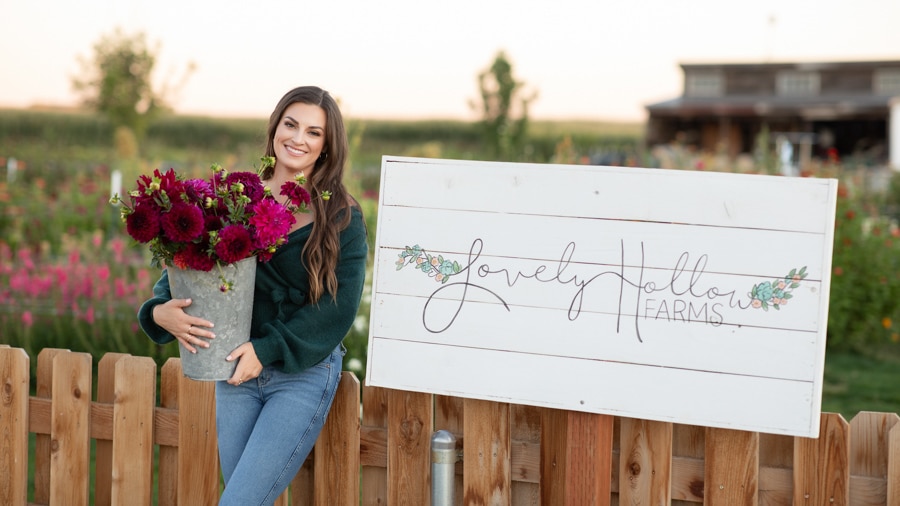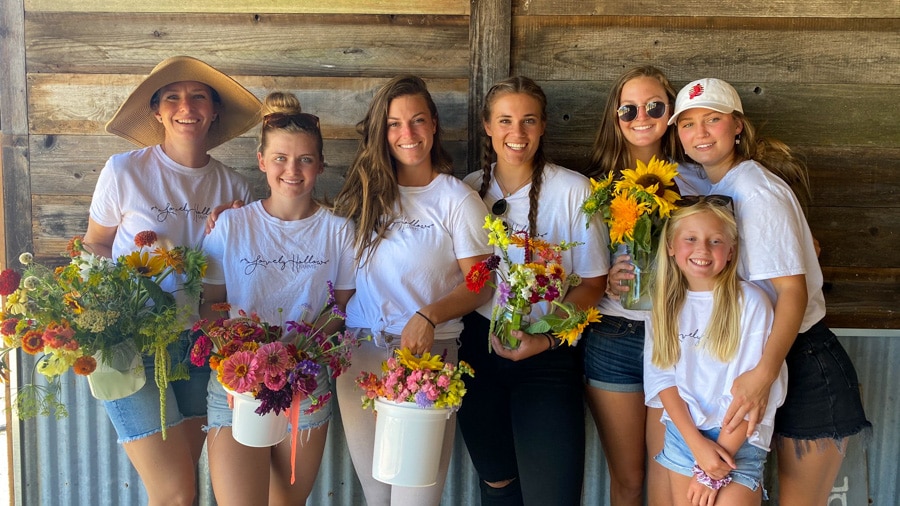National Small Business Month is recognized every year in May to celebrate a cornerstone of our economy: small businesses and the people who run them. After all, two-thirds of consumers say small businesses are the lifeblood of their community, according to recent QuickBooks data. And 7 in 10 say they want their local small businesses to get more recognition.
Starting and running a business is no easy feat. For the 80% of new businesses that continue on after their first year, success means providing for their families by doing what they love, building a good reputation among consumers, and making a difference to their communities.
Success looks different for every small business, but every small business owner can agree that part of being successful is having enough confidence in your vision to work through obstacles like accessing capital, managing inflation, and improving cash flow. These financial challenges are top of mind for today’s small business owners, and more than half of small business owners (56%) say good financial management and access to capital is their secret to success.
But don’t take our word for it. Check out the following small business success stories and flip through the scrapbook of small business success to see how these business owners survived and thrived beyond year one.
Lovely Hollow Farms cultivates success
Meet Nicole “Nikki” Van Lith, the founder of Lovely Hollow Farms, a you-pick flower farm located on Chicken Dinner Road in Caldwell, Idaho. Nikki is about to embark on her fourth flower season with Lovely Hollow Farms—and she expects to serve thousands of customers this summer. The live music and food trucks she hosts every Wednesday night are a far cry from the quiet, intimate season of flower picking she launched with in 2019, but she wouldn’t have it any other way. Providing the people of Idaho (and beyond!) with flowers, food, and entertainment is Nikki’s definition of success. This is her story.















